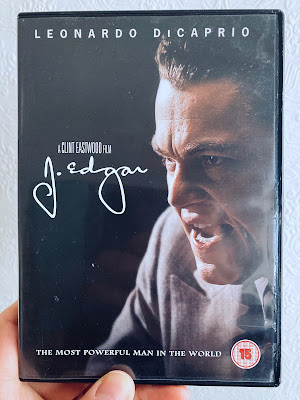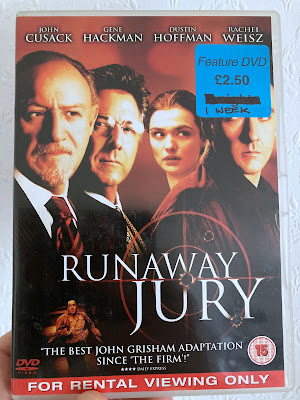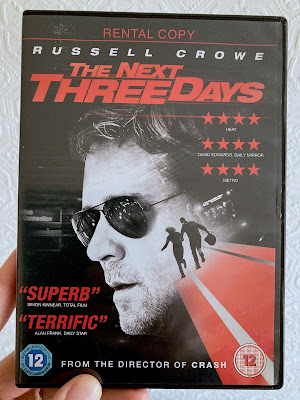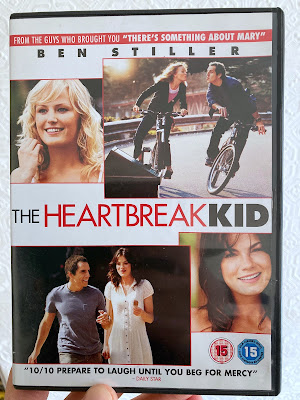Directed by Stephen Frears, this is the compelling true-life story of a wealthy New York heiress who was generally regarded as a terrible singer, yet who became a recording artist and even performed at Carnegie Hall because her social set encouraged and applauded her.
Meryl Streep is excellent as Florence Foster Jenkins, singing technically challenging opera in a way that’s just about good enough to be credible but also strange enough to be surreally comic.
Simon Helberg is ideally cast as Cosmé McMoon, a wildly talented pianist who – against his initial misgivings – agrees to work as her accompanist.
In what is perhaps his most fully rounded and satisfying role, Hugh Grant is remarkable as her lover and manager St. Clair Bayfield. The unusual nature of the couple's relationship and the depth of his feelings really came across. I was slightly wrong-footed because I thought the plot was leading to Bayfield being exposed for scamming Florence and promoting the whole "emperor's new clothes" circus around her efforts, but touchingly the film turns out to be a true love story after all.

















































